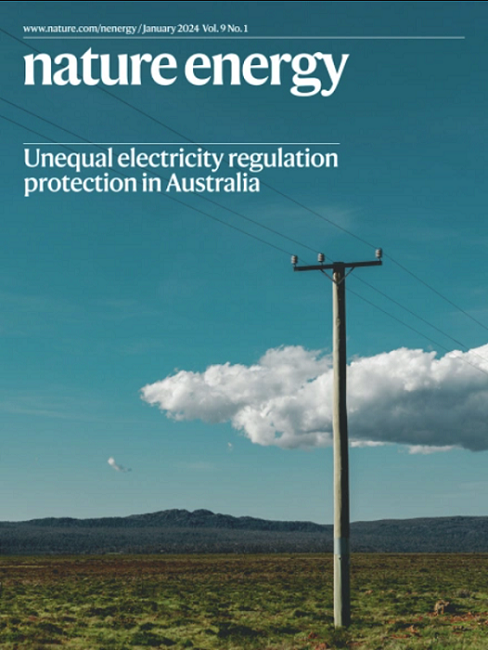Assessing how energy companies negotiate with landowners when obtaining land for hydraulic fracturing
IF 49.7
1区 材料科学
Q1 ENERGY & FUELS
引用次数: 0
Abstract
To extract natural gas through hydraulic fracturing, energy companies often need to obtain consent from many different private landowners, whose properties lie atop the gas reservoir. Negotiations with these landowners have important economic, environmental and social implications. In this paper we present a dataset on negotiations in Ohio and use these data to investigate how landowners may be advantaged or disadvantaged in these lease negotiations. We find that they are disadvantaged in two ways. First, because energy companies can use persistent and personal strategies to overcome landowner reluctance. Second, because of the institutional context: specifically the widespread use of compulsory unitization. We conclude by discussing the implications of these findings for equity in energy policy and by drawing out the other potential uses of these data. Energy companies must often obtain consent from private landowners for natural gas extraction. This study analyses lease negotiations between these two parties in Ohio, noting disadvantages on the side of the landowner in the process.


评估能源公司在获得水力压裂用地时如何与土地所有者谈判
要通过水力压裂法开采天然气,能源公司往往需要征得许多不同的私人土地所有者的同意,这些土地所有者的财产位于天然气储层之上。与这些土地所有者的谈判具有重要的经济、环境和社会影响。在本文中,我们介绍了俄亥俄州的谈判数据集,并利用这些数据研究了土地所有者在这些租约谈判中的优势或劣势。我们发现他们在两个方面处于不利地位。首先,因为能源公司可以利用持久的个人策略来克服土地所有者的不情愿。其次,由于制度背景:特别是强制单位化的广泛使用。最后,我们讨论了这些发现对能源政策公平性的影响,并指出了这些数据的其他潜在用途。
本文章由计算机程序翻译,如有差异,请以英文原文为准。
求助全文
约1分钟内获得全文
求助全文
来源期刊

Nature Energy
Energy-Energy Engineering and Power Technology
CiteScore
75.10
自引率
1.10%
发文量
193
期刊介绍:
Nature Energy is a monthly, online-only journal committed to showcasing the most impactful research on energy, covering everything from its generation and distribution to the societal implications of energy technologies and policies.
With a focus on exploring all facets of the ongoing energy discourse, Nature Energy delves into topics such as energy generation, storage, distribution, management, and the societal impacts of energy technologies and policies. Emphasizing studies that push the boundaries of knowledge and contribute to the development of next-generation solutions, the journal serves as a platform for the exchange of ideas among stakeholders at the forefront of the energy sector.
Maintaining the hallmark standards of the Nature brand, Nature Energy boasts a dedicated team of professional editors, a rigorous peer-review process, meticulous copy-editing and production, rapid publication times, and editorial independence.
In addition to original research articles, Nature Energy also publishes a range of content types, including Comments, Perspectives, Reviews, News & Views, Features, and Correspondence, covering a diverse array of disciplines relevant to the field of energy.
 求助内容:
求助内容: 应助结果提醒方式:
应助结果提醒方式:


